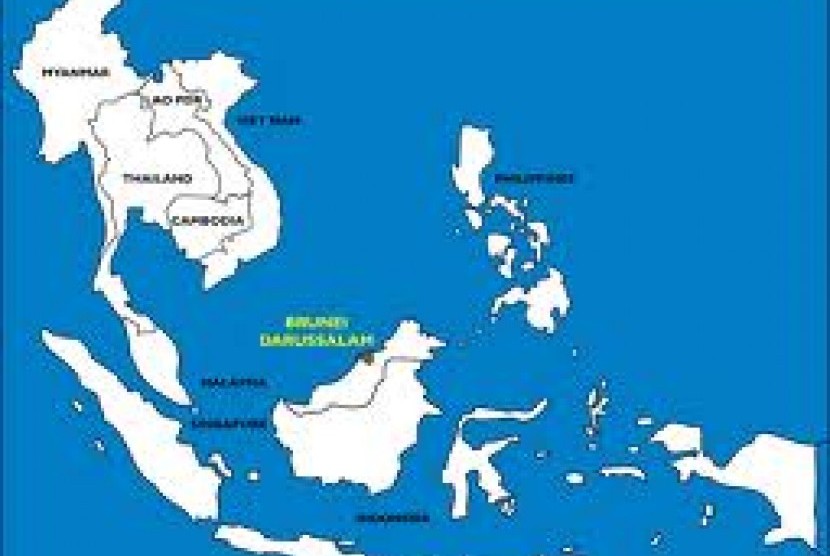REPUBLIKA.CO.ID, JAKARTA -- Members of the ASEAN Experts Group on Competition (AEGC) met in Bali on Sept. 24-25 to discuss the process and substantive issues of formulating an effective Competition Policy and Law (CPL).
"Dynamic global changes have taken place. ASEAN subsequently has two extreme choices: to become a global factory by creating a highly competitive production and investment environment or to become a global mall, noting the expanding export of consumption products from around the world to ASEAN region," Muhammad Nawir Messi, the chairman of the Commission for the Supervision of Business Competition (KPPU) of Indonesia, said in his opening remarks.
To be competitive, progress has to be made in dealing with the competition law and policy in the region, Messi was quoted as saying in a press statement issued by the Jakarta-based ASEAN Secretariat, here, Saturday.
ASEAN Member States shared their views and experiences on the means to expedite the drafting and consultation process currently ongoing in Brunei Darussalam, Cambodia, Lao PDR, Myanmar and the Philippines.
In accordance with the commitments under the Blueprint for the ASEAN Economic Community (AEC), all Member States are expected to have introduced CPL by 2015.
The workshop addressed common challenges in the enactment of CPL, along with possible approaches to build up the expertise and enforcement record of the competition agency.
The Workshop was facilitated by Hassan Qaqaya and Pierre Horna from the United Nations Conference on Trade and Development (UNCTAD) as well as Prof. Eberhard Feess, an economist from Germany, who provided their expertise and international experiences on competition law design and enforcement.
The workshop was organized with support from the ASEAN Secretariat and the project "Competition Policy and Law in ASEAN" (CPL) which is implemented by the Deutsche Gesellschaft fr Internationale Zusammenarbeit (GIZ) GmbH.


